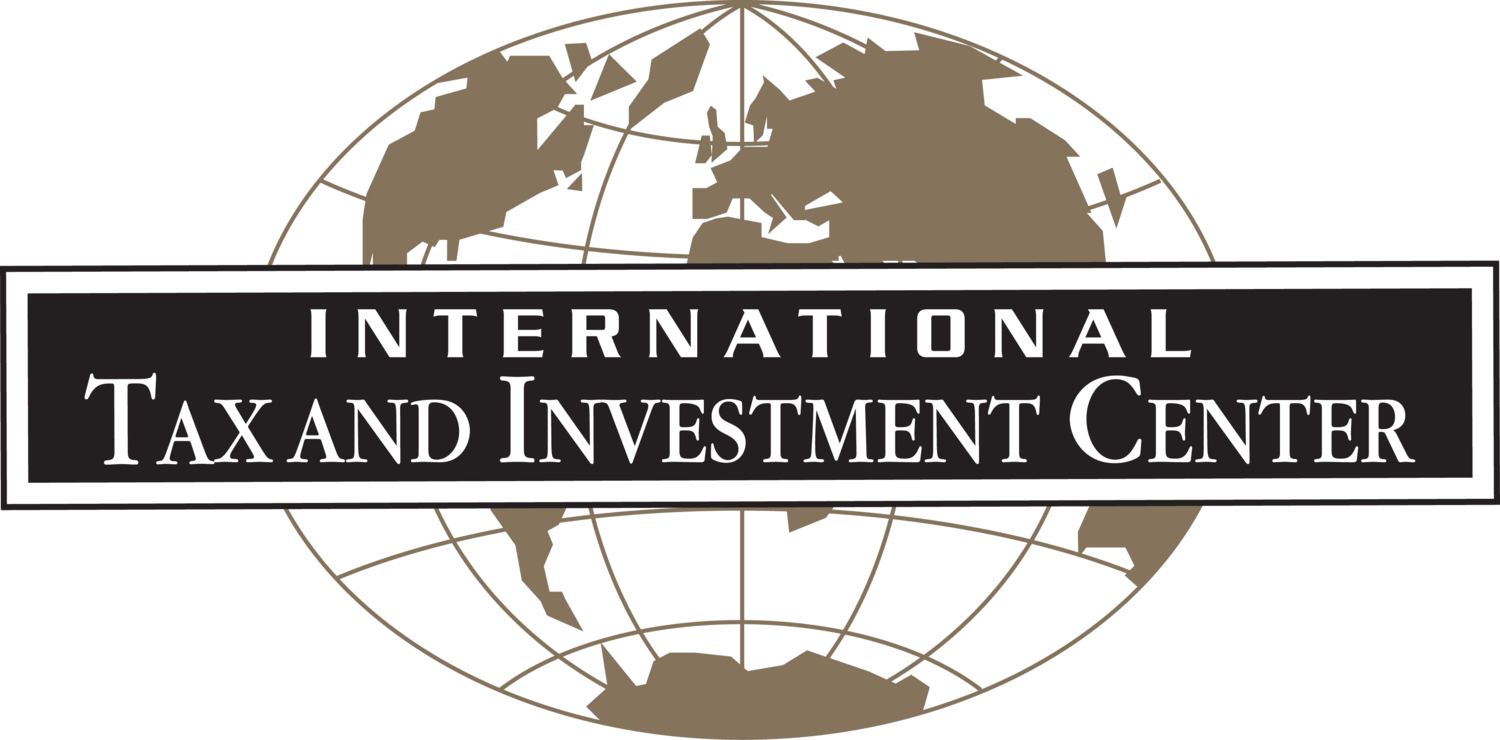- Twenty-five years ago, Dan Witt signed cooperation agreements with Russia's Ministry of Finance and Kazakhstan's Ministry of Finance to create the International Tax and Investment Center.
- Over 110 countries agreed to review the key concepts in the OECD's "Interim Report on the Tax Challenges Arising from Digitalisation"
- OECD Secretary-General, Angel Gurría delivered his latest report on international tax at the G20 meeting in Argentina.
- The official communiqué of the G20 was released
- The IMF completed a staff visit to Cambodia
- The OECD released additional guidance on BEPS Action 7 (Attribution of Profits to Permanent Establishments).
Report on the G20 Meeting of Finance Ministers and Central Bank Governors
ITIC regularly monitors the G-20 Meeting of Finance Ministers and Central Bank Governors. The group met on 22-23 July 2016 in Chengdu, China. Please see the link to Bloomberg News for the full text of the communique that was issued on 24 July. A number of key fiscal issues that are of interest to ITIC’s sponsors – and relevant to our programs, working groups, and regional tax forums – were discussed. In particular:
- Point 3, which emphasizes the need to “foster confidence and support growth.” The ministers also discussed “making tax policy and public expenditure more growth-friendly.”
- Point 6, which discusses the 2030 agenda for sustainable development, including the importance of the multi-lateral development bank’s investment priorities to “catalyze private investment.” You might recall that “increasing private sector investment by MNCs” is one of the sustainable development goals.
- Point 10, which addresses the G-20/OECD inclusive framework on BEPS. In particular, it points out the “timely, consistent, and widespread implementation of the G-20/OECD BEPS package and … specific challenges faced by developing countries.” This is among the reasons why ITIC includes sessions on BEPS at each of our regional tax forums. We believe it’s important to discuss BEPS in the context of each country’s investment climate as well as their domestic revenue mobilization objectives.
- Point 11, which recognizes the importance of the “role of tax policies in our broader agenda on strong, sustainable, and balanced growth…” We are pleased to see they concluded this point by asking “the OECD and IMF to continue working on the issue of pro-growth tax policies and tax certainty.”
- Point 13, which reinforces ITIC’s work on combating the illicit trade of excisable goods as well as our cooperation with the OECD Taskforce on Combatting Illicit Trade by recognizing FATF’s progress in its new “Consolidated Strategy on Combating Terrorist Financing.”
Tax Takeaways from the G20 Finance Ministers Meeting
Tax issues formed part of the discussion at the G20 Finance Ministers meeting in Shanghai on 26-27 February. As indicated in the final Communique, Paragraph 7 makes several points in support of broad, consistent and effective implementation of the BEPS project, including:
- Commitment to a consistent global approach, and encouragement to non-G20 countries, especially developing countries, to join in the OECD designed framework (see below).
- Awareness of the specific challenges faced by developing countries in BEPS implementation and support for building capacity for such countries.
The anti-MNC context for these G20 discussions is rooted in OECD estimates of of $100-240 billion in BEPS-related revenue losses. And the 2015 Addis meeting on financing for development has not resulted in material steps to help developing countries improve their capacity, thus raising a concern is that BEPS rules will be misused and/or selectively applied to MNCs.
Other tax-related items in the Communique include:
- Commitment to the standards for information exchange on request, and Automatic Exchange of Information (AEOI), with a request for all financial centers and jurisdictions to do so by 2018 at the latest;
- A request for all countries to join the Multilateral Convention on Mutual Administrative Assistance in Tax Matters;
- Endorsement of the proposal to develop a tax platform jointly by the IMF, OECD, UN, and World Bank Group, with a request for recommendations on how countries can contribute funding for tax projects and direct technical assistance by July 2016;
- Recognition of the role of tax policy in achieving sustainable economic growth.
While much of the above is not new, sponsors should note the increased interest in bringing in non-G20 countries into the process, and a willingness to look at new ways to support capacity building in developing countries. ITIC will monitor the proposed “tax platform,” and inputs from sponsors are of course welcome at any time.
The only specific commitment in Paragraph 7 relates to China’s pledge to establish an international tax policy research center, which would also provide technical assistance to developing economies. By way of background, the new OECD framework allows all interested countries and jurisdictions to join in efforts to update international tax rules, participating as BEPS Associates in an extension of the OECD’s CFA.
In addition to the Communique, the OECD Secretary-General’s Report to the G20 Finance Ministers is available on the OECD's website.

